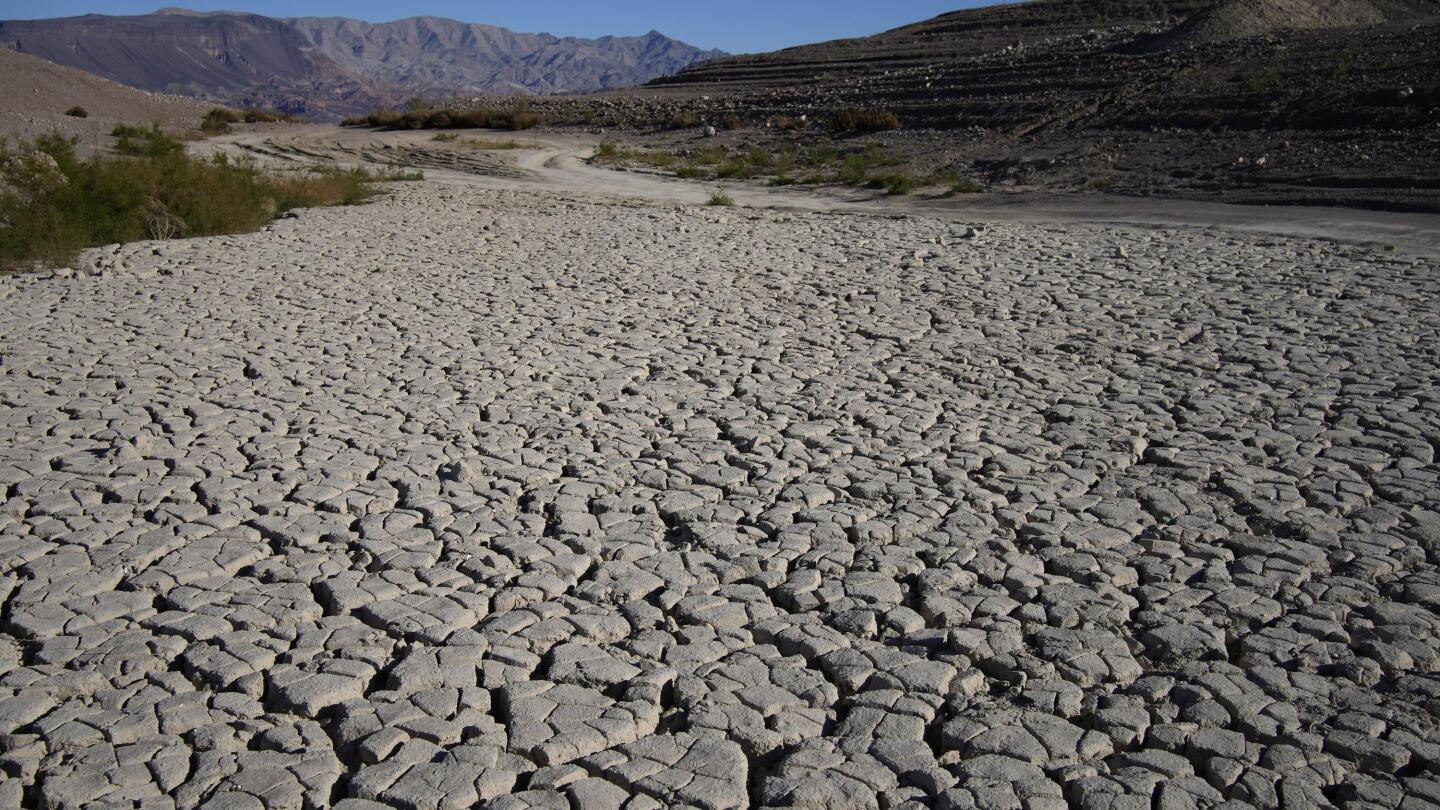BrentD
Well-known member
Look around at how development happens. This has a long history. Water be gets more people migrating to the area. c.f. Tucson/Phoenix and CAP water, as just a couple of many examples.Chicken or the egg argument. Hard to say for sure who is right.
I’m not aware of many states passing laws preventing people from moving there or preventing them having children. Unless you do that it’s hard create situations where less water is needed
In reality, ignoring the complicating effects of weather and climate, I would argue it is more people that necessitates more water, not more water that necessitates more people however. The latter is not how water planners necessarily do their jobs.







